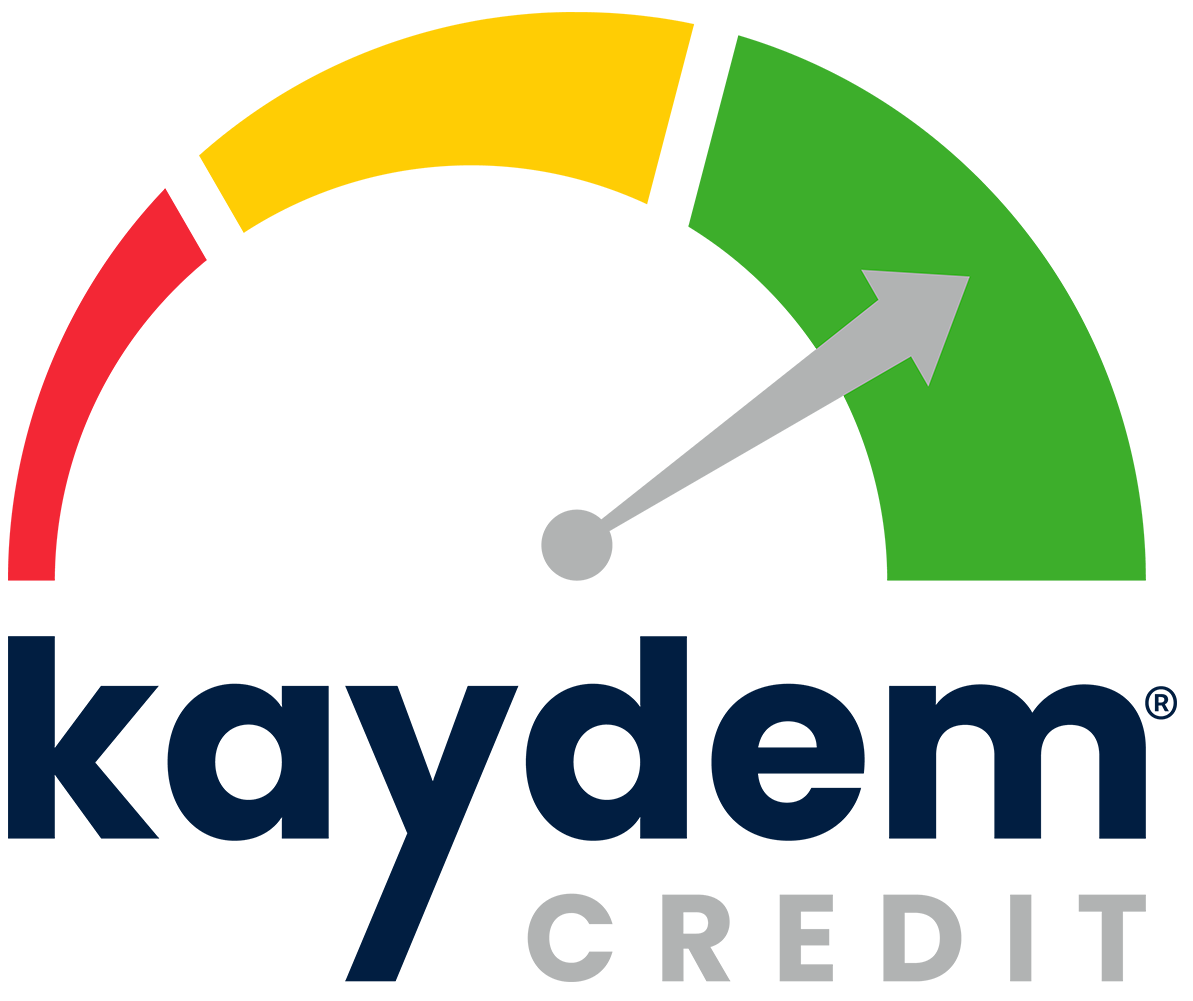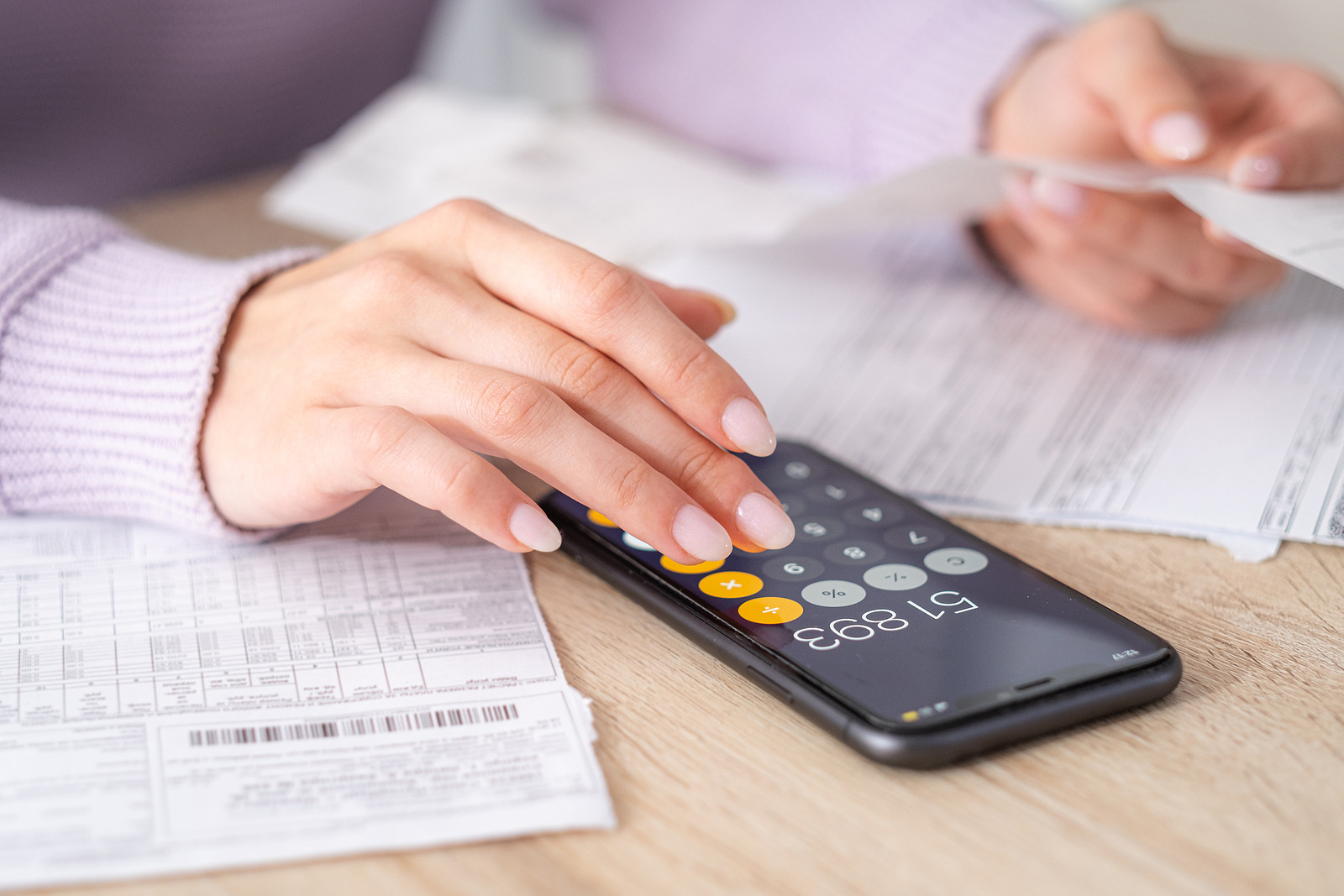Have you ever stopped to think about how your household budget works? Where is your money going, and how can you better manage it? Knowing the difference between fixed and variable expenses is an essential step toward understanding your budget. Proactively managing your finances is critical to achieving success. It all starts with crafting a budget tailored to your personal needs.
Setting spending limits and tracking how money is used is the first step to achieving your financial goals. Let’s take a closer look at both types of expenses and how you can save money on each.
What are Fixed and Variable Expenses?
A fixed expense is a recurring cost that stays the same over time. Rent and mortgage payments, car loans, and insurance premiums are typical examples of this type of expense. Though the amount may vary slightly if interest rates change, fixed expenses generally never move far outside your regular budget. Due to these consistent costs, many people rely on traditional methods like setting aside a set sum each month for payment to plan for the coming months and beyond.
How Can I Save Money on Fixed Expenses?
Several strategies are worth considering if you’re committed to cutting back on your fixed expenses. Why not negotiate with service providers and lenders to pay lower rates? Shopping around for better deals is also an option! If you have the requisite qualifications, refinancing might be a viable solution.
Remember: while maintaining fiscal responsibility across all accounts, it’s even more crucial to eradicate any troublesome debts as quickly as possible. This is one surefire way of freeing up additional funds for other expenses later in life.
What is a Variable Expense?
A variable expense is an expense that varies from month to month. Examples of variable expenses include groceries, utilities, gas for your car, entertainment costs (including streaming services), clothing purchases, etc. These costs tend to be more flexible than fixed expenses since you have more control over how much you spend. These expenses tend to be necessary but still offer room to allow you to determine how much you will spend on the item. For instance, let’s say you need work clothes, which is necessary, but you can buy the $50 pantsuit over the $350 alternative.
How Can I Save Money on Variable Expenses?
Making smart moves when it comes to managing variable expenses can lead to exciting savings. Budgeting and keeping track of your spending habits is one surefire strategy for controlling costs month after month. Reducing extra activities, like dining out or shopping online too often, will also help trim down the costs. Furthermore, take advantage of discounts or rewards programs whenever available; you might be pleasantly surprised at how much you’ll end up saving! And lastly, consider whether lower-cost alternatives from local utility providers suit your needs better; by switching to an affordable vendor, you could enjoy a steady stream of savings in the long run.
What is a Discretionary Expense?
Discretionary expenses are “extras” that exceed people’s basic needs and wants. This type of expense includes luxury items such as vacations, designer clothes, or expensive communications devices. Discretionary expenses often depend on a person’s disposable income; if an individual has additional money to spare after taking care of necessary expenses, then it is possible to indulge in some of these “extras” without breaking the bank.
How Can I Save Money on Discretionary Expenses?
The best way to save money on discretionary expenses is by setting a limit for yourself and sticking to it when you shop. Plan ahead and make sure you are only spending what you can afford. Consider waiting until items go on sale to purchase them if you don’t need them right away. Taking advantage of coupons or discount codes is also a great way to save money on discretionary expenses. Additionally, try to resist temptation and only buy what you truly need or want; this will help keep your budget in check and enable you to save money in the long run.
It’s important to understand the differences between fixed and variable expenses when creating your household budget. Figuring out which expenses remain largely the same, such as rent or mortgage payments, and which costs vary month to month, like fuel for a car, helps make sure that your basic needs are met and you’re getting the most bang for your buck. Luckily, proper budgeting can go beyond securing your financial needs; never underestimate the power of advance planning when cutting costs in fixed and rotating expenses. With a dedication to tracking expenditures and intelligent savings decisions, you’ll realize how quickly it’s possible to reach budgetary goals!







